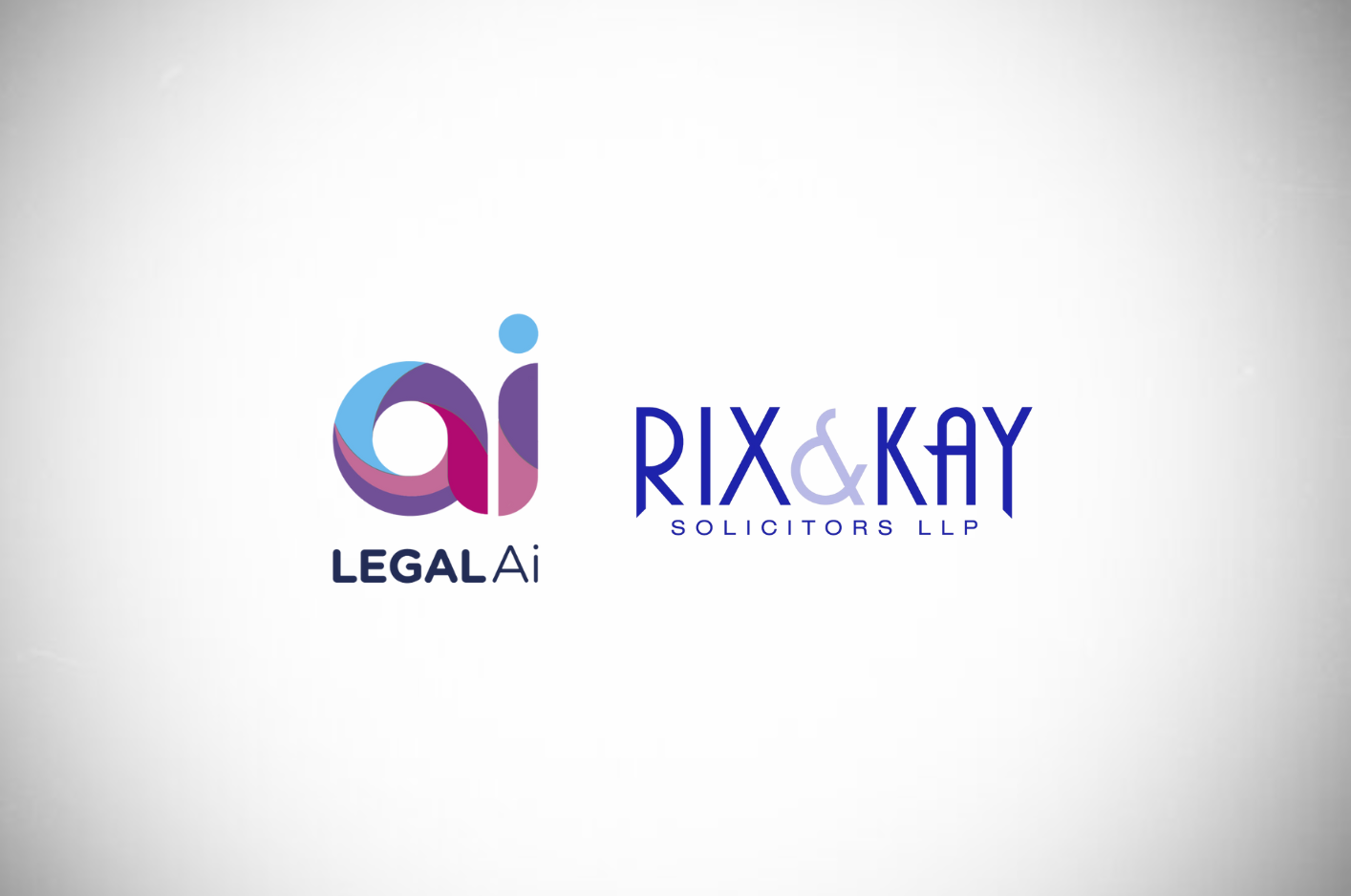
Should your firm invest in Legal AI?
The answer, according to industry experts, is a resounding yes – but with a caveat. Instead of relying solely on off-the-shelf, generic solutions, law firms should consider building their own AI-powered software.
This is backed up by a Big Four global leader in legal AI – who believes firms should build their own software to develop their competitive advantage. A powerful combination of a robust AI platform and microservices enables firms to “build their own” tailored solutions.
Let’s explore this in more detail.
Why is AI good for law firms?
Firstly, let’s look at why AI is such an important addition to a law firm’s toolkit. We all know that legal clients are now increasingly seeking law firms that can keep pace with their evolving needs. The ability to provide swift, accurate, and data-driven services has become a key differentiator in attracting and retaining clients.
Also, traditional legal processes can be inefficient, with tasks such as document review, legal research, and contract analysis consuming significant time and resources. As the volume of data and legal complexities continue to grow, manual approaches become increasingly unsustainable.
The limitations of off-the-shelf solutions
While generic plug-and-play legal AI solutions may seem attractive at first glance, they often fail to account for the unique needs and nuances of individual law firms. These generalised solutions are designed to cater to a broad audience. So what you often get is a one-size-fits-all approach that may not align with your firm’s specific processes, practice areas, or culture. It’s common for firms to end up compromising on functionality, customisation, or integration capabilities.
Too many firms’ IT departments are being pressured by their partners, the firm’s clients, and the general noise in the market, to jump onto the generic AI bandwagon. It’s important to remember that implementing an AI solution is like implementing any other piece of technology – difficult, expensive, and disruptive. Firms should only implement AI or any other form of technology if they know the problem they are trying to solve and the end solution actually delivers measurable benefits.
Saskia Vermeer de Jongh, global law AI leader at EY Law, advises, “It’s important to start your journey with AI embedded in the life cycle rather than using a standard product. Start within your company and learn from it.” Firms that have already built their own genAI product include Addleshaw Goddard, Dentons and Simmons & Simmons.
Lack of customisation and flexibility
Every law firm has its own distinct workflows, preferences, and institutional knowledge cultivated over years of experience. Off-the-shelf solutions frequently lack the flexibility to accommodate these firm-specific requirements. This means the potential for optimising routine tasks is limited. As a result, firms may struggle to fully leverage the technology – leading to inefficiencies, user frustration, and suboptimal return on investment.
Potential compatibility issues
Law firms often rely on a complex ecosystem of software applications, databases, and information systems tailored to their operations. Introducing an off-the-shelf legal AI solution into this intricate environment can present compatibility challenges. This can require extensive integration efforts or costly third-party interventions. Causing workflow disruptions, data silos, and increased operational complexities, undermining the intended benefits of adopting the technology.

Which law firms invest in AI?
43% of the 200 largest law firms (Am Law 200) have a dedicated budget for investing in Gen AI tools in 2024.
Choosing to invest in AI puts you in good company; the following law firms have already implemented AI tools into their daily workflows:
- Allen & Overy
- Pinsent Masons
- Clyde & Co
- Osborne Clarke
- Reed Smith
- Linklaters
- Addleshaw Goddard
- Irwin Mitchell
- Weightmans
- DLA Piper
- Bird & Bird
- Clifford Chance
Introducing KAI
Unlike many of the AI solutions entering the market KAI is a solution that can work across the firm. KAI can be implemented into a law firm’s front office, back office and client facing operations and can be trained to carry out any administrative or repetitive task. Enabling KAI to automatically complete all administrative and repetitive tasks means that the firm can be assured that these processes are completed in a compliant and uniform way.
KAI never sleeps, takes a holiday or calls in sick. KAI works 24/7 – so your firm can finally achieve what Richard Suskin predicted a decade or more ago – “make money while they sleep”.
KAI can respond to emails, web enquiries, and move cases forward without any human interaction. KAI can alert team leaders when a case is not following a predicted path. It allows partners to have full and early visibility of any issues.
KAI delivers the measurable benefits a firm should be looking for when investing in an AI project. Every single activity KAI carries out is logged, audited, and allocated a financial value. With KAI, the benefits are measurable – not guesswork.
Legal AI is proud to announce our selection as one of nine pioneering technology companies chosen to participate in SuperTech WM’s groundbreaking Legal Onboarding Innovation Challenge– the UK’s first collaborative, …
Rix & Kay Invest in LegalAI to Transform Their Business
Rix & Kay, a full-service law firm based in West Kent and East Sussex, has become the launch client for Kai and the LegalAI platform. Facing rising operational costs, the …
Will Lawyers be Replaced by AI?
Artificial Intelligence (AI) is changing the way businesses operate. According to Forbes, 35% of global companies are already using AI. Of the businesses that are using it, customer service, …
The Learning Curve: Adopting AI Technology in Law Firms
Integrating AI technology into legal practices is now crucial for law firms aiming to stay competitive and meet client expectations. In this guide, we’ll take a look at the advantages …
The Future of Legal Practice: Integrating AI Assistants
AI assistants are playing a pivotal part across many industries, and the legal sector is no exception. According to a study by nu.edu, 77% of companies are either using or exploring …
The Role of AI in Enhancing Client Experience in Legal Services
In the legal world, adopting AI technology is no longer a trend – it’s a must-have. Whether you’re a law firm or an in-house legal team, using AI to …
What are the Benefits of Using AI in Legal Services?
Artificial Intelligence (AI) is transforming the way legal services are delivered. This is known as Legal AI. Law firms are starting to explore how the underlying technology that supports …
Streamlining Legal Workflows with AI: A Practical Guide for Law Firms
Are your lawyers bogged down by manual administrative tasks? They are not alone. Many lawyers struggle with having to use multiple, and often, outdated systems that cut into their fee-earning …
Intro: Legal Ai Founder and CEO Isabel Bathurst in the Spotlight
We would like to introduce you to our founder and CEO Isabel Bathurst, who was recently featured in ex-dragon and business superstar James Khan’s magazine! Isabel has a wealth of …
KAI: The Tailored Platform with Built-in AI for Lawyers
In the dynamic realm of legal technology, Kai is emerging, poised to redefine how legal professionals navigate the complex and intricacies of their work. Legal Ai is not just …













